Directory
- Share
Darinee Alagirisamy
- Alumni
- Singapore
- 2011 MPhil Modern South-Asian Studies
- Selwyn College

Darinee Alagirisamy
- Alumni
- Singapore
- 2011 MPhil Modern South-Asian Studies
- Selwyn College
I am a historian of poverty and social exclusion in colonial India, with a focus on South Indian social reform movements between the late nineteenth and mid-twentieth centuries. The transnational circulation of Indian reform movements in Southeast Asia and the social history of the Tamil diaspora are related areas of interest. My current book project traces the history of prohibition's introduction in India, positioning the subject at the intersection of provincial and national politics, and global temperance reform. A second project examines the impact of temperance and prohibition movements, as a subset of dietary reform, in late colonial India and Malaya.My work has been published in Modern Asian Studies and the Indian Economic and Social History Review. I currently convene courses in alcohol and drug history and modern Indian history at Hong Kong University.
Previous Education
National University of Singapore B.A. (Hons) History 2003
Megha Amrith
- Alumni
- Singapore
- 2007 PhD Social Anthropology
- Wolfson College

Megha Amrith
- Alumni
- Singapore
- 2007 PhD Social Anthropology
- Wolfson College
My PhD research is about contemporary migration within Southeast Asia – my particular focus is on the migration of Filipino medical workers to Singapore. Through the lives of mobile medical workers, I will explore the globalisation of medical care and its ethical, political and cultural implications. I have just returned to Cambridge after a year of ethnographic fieldwork and I look forward to working with a diverse and dynamic graduate community in the year ahead.
Yu Qian Ang
- Alumni
- Singapore
- 2017 MPhil Technology Policy
- Trinity College

Yu Qian Ang
- Alumni
- Singapore
- 2017 MPhil Technology Policy
- Trinity College
Previous Education
National University of Singapore
Sabrina Gabrielle Anjara
- Alumni
- Indonesia
- 2014 PhD Public Health and Primary Care
- Queens' College
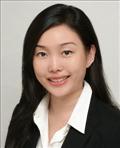
Sabrina Gabrielle Anjara
- Alumni
- Indonesia
- 2014 PhD Public Health and Primary Care
- Queens' College
Sabrina was the first Gates Cambridge Scholar from Indonesia. Her PhD at Cambridge was a clinical trial of the implementation of mental health services in primary care clinics. She completed a Postdoctoral Research Fellowship at University College Dublin, studying how collective leadership in healthcare influences patient outcomes. She is now leading the Metaverse research theme in Accenture's Human Sciences Studio.
Sabrina holds a BA in Psychology and Asian Studies from the University of Melbourne, and an MSc in Organisational Psychiatry and Psychology from King’s College London. Before Cambridge, Sabrina researched medical education in the National University of Singapore and spent some years as a Psychologist at the Ministry of Social and Family Development, Singapore. She’s a World Economic Forum Global Shaper.
Eric Cervini
- Alumni
- United States
- 2015 PhD History
- Emmanuel College
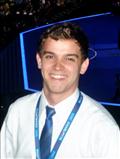
Eric Cervini
- Alumni
- United States
- 2015 PhD History
- Emmanuel College
Originally from Austin, Texas, I became interested in politics and public policy early; before Harvard, I worked on the election campaigns of several Texas politicians and at the Texas headquarters during the first Obama presidential campaign. I spent college summers interning at the Democratic Governors Association, the Clinton Foundation, and researching at Cambridge. In addition to leading a seminar for local high school students in Shanghai and acting as the editor-in-chief of the Harvard Undergraduate Law Review, I joined Harvard Model Congress as a freshman, and in my senior year, I was HMC's co-president and CEO. I taught high school students at HMC conferences in Boston, Singapore, Brussels, Madrid, San Francisco and Hong Kong, and I founded and led HMC Dubai, the first government simulation in the Middle East. For my MPhil, I attended Emmanuel College, Cambridge as the Harvard Scholar, and my PhD dissertation will investigate the American homophile movement in the 1960s. Above all, I’m grateful and excited to join the Gates Cambridge family!
Previous Education
Harvard University
University of Cambridge
Isaac Chan
- Scholar-elect
- Singapore
- 2025 PhD Biological Science at the MRC Laboratory of Molecular Biology
- Trinity College

Isaac Chan
- Scholar-elect
- Singapore
- 2025 PhD Biological Science at the MRC Laboratory of Molecular Biology
- Trinity College
I grew up in Singapore and completed my undergraduate studies at the University of Oxford, earning a degree in Molecular and Cellular Biochemistry. During my second year of undergraduate studies, I developed a fascination with the process of DNA replication. All living organisms are made up of smaller units of life called cells, and each cell contains a set of DNA molecules that carry the genetic information necessary for growth and division. For a cell to divide into two new cells, its DNA must be replicated and distributed. Remarkably, DNA replication is completed with exceptional precision and only occurs once per cell division. As a PhD student at the MRC Laboratory of Molecular Biology, I aim to explore key outstanding questions surrounding this fundamental process under the mentorship of Dr. Joseph Yeeles. Furthermore, I feel very privileged to be a part of the diverse and esteemed Gates Cambridge community. I want to continue striving to live by the values of my Christian faith, demonstrating that both my personal and scientific principles can be rooted in compassion and humility.
Previous Education
University of Oxford Biochemistry
Khai Chan
- Alumni
- Singapore
- 2002 PhD Chemistry
- Peterhouse

Khai Chan
- Alumni
- Singapore
- 2002 PhD Chemistry
- Peterhouse
Chi Chew
- Alumni
- Singapore
- 2005 PhD Classics
- Murray Edwards College (New Hall)

Chi Chew
- Alumni
- Singapore
- 2005 PhD Classics
- Murray Edwards College (New Hall)
I am extremely grateful to be provided with this opportunity to continue to pursue my studies in Philosophy and to benefit from the enriching community life of Cambridge University, especially in its inter-cultural and international aspects. I look forward to many fascinating conversations with other Gates Scholars and others.
Kevin Chew
- Alumni
- Singapore
- 2016 PhD Film and Screen Studies
- Gonville and Caius College
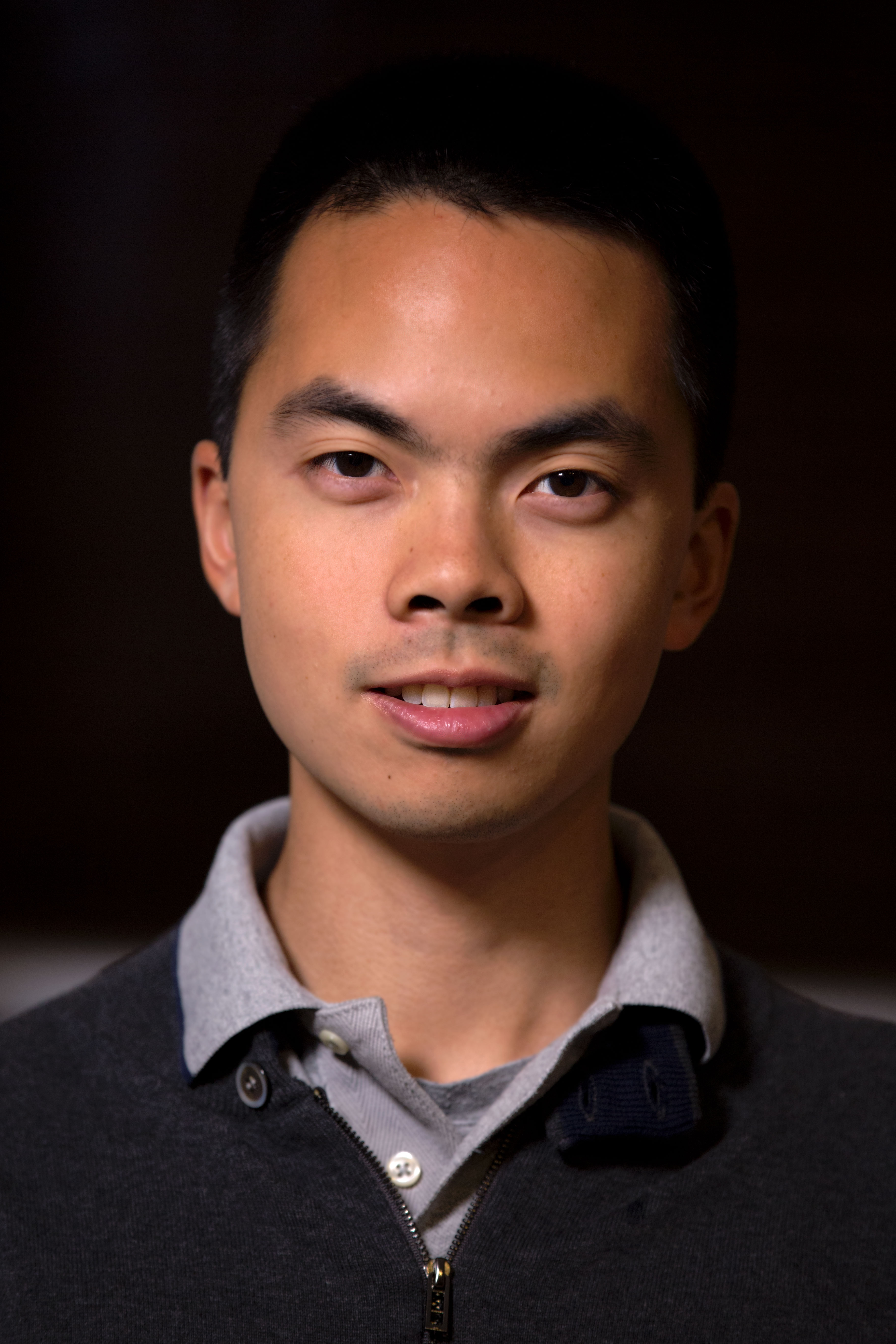
Kevin Chew
- Alumni
- Singapore
- 2016 PhD Film and Screen Studies
- Gonville and Caius College
I joined the Gates Cambridge community in 2016 and received my PhD in Film and Screen Studies in January 2021. My PhD thesis examines the ways in which political conflict is reflected and articulated in contemporary Disney animation. I have since joined the faculty of Nanyang Technological University, where I teach topics in film studies. My current research interests span the films of Hayao Miyazaki as well as recent live-action Singaporean filmmaking.
Previous Education
University of Cambridge
Sook Chia
- Alumni
- Singapore
- 2004 PhD Education
- Homerton College
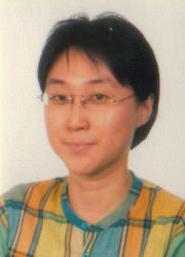
Sook Chia
- Alumni
- Singapore
- 2004 PhD Education
- Homerton College
I am very priviledged to be part of the Gates Cambridge Community. Being an educationist, I look forward to the exciting adventure ahead, to advance the cause of education and contribute to the society, in the spirit of a Gates Cambridge scholar.
Chai Hao Chiu
- Alumni
- Singapore
- 2017 PhD Plant Sciences
- Fitzwilliam College
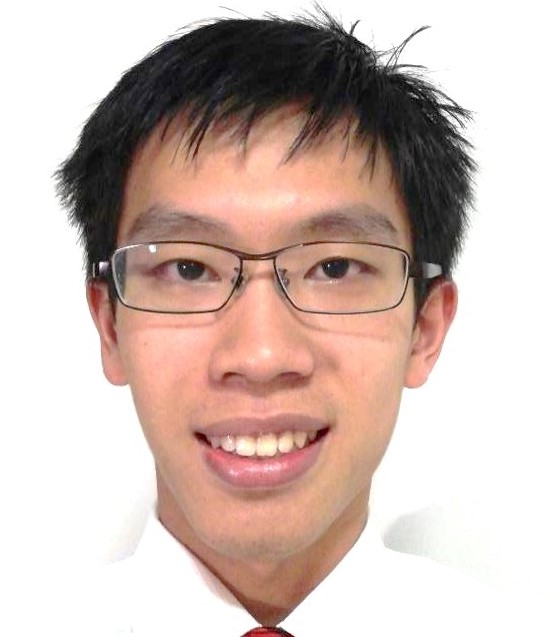
Chai Hao Chiu
- Alumni
- Singapore
- 2017 PhD Plant Sciences
- Fitzwilliam College
I am fascinated by the biological processes that underlie how plants interact with their environment, especially the symbiosis between plants and beneficial arbuscular mycorrhizal (AM) fungi. Evolved when plants first moved onto land, AM symbiosis is crucial to global carbon and nutrient cycles. The perception of AM fungi often enhances root growth, increasing the interface for symbiotic nutrient exchange. As an undergraduate at Cambridge, I identified the first receptor kinase required for this response in rice. As a Ph.D. student, I aim to pursue this exciting lead and elucidate the mechanisms of fungi perception and the signalling pathways that lead to enhanced root growth. This will also contribute to ongoing endeavours to engineer nitrogen-fixing symbiosis into cereal crops (e.g. rice) as it evolved from the older AM symbiosis and also involves reprogramming of root development. Nitrogen fertilisers produced from the Haber process have a substantial carbon footprint and realising this grand challenge will contribute towards sustainable, productive agriculture for food security. I am honoured to join the intellectual community at Gates Cambridge and aspire to contribute to work with transformative impacts on the society.
Previous Education
University of Cambridge
Zhe Choo
- Alumni
- Singapore
- 2009 MPhil Politics
2010 PhD History - Trinity College
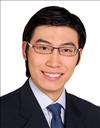
Zhe Choo
- Alumni
- Singapore
- 2009 MPhil Politics
2010 PhD History - Trinity College
I'm a history PhD, focusing on reserve currency politics and economic thought in the Bretton Woods period from 1945 to 1971. The greater part of the present Bretton Woods literature deals with high political and high bureaucratic narratives. My goal is to deepen our understanding of the politics of the Bretton Woods era by uncovering neglected narratives of global imbalances from trade unions, business associations, and the financial press.
Richard Dear
- Scholar
- United Kingdom, Australia
- 2021 PhD Psychiatry
- Trinity Hall

Richard Dear
- Scholar
- United Kingdom, Australia
- 2021 PhD Psychiatry
- Trinity Hall
“Why do people suffer?” asked a 13-year-old boy with many passports, when he travelled and saw his privilege reflected in the eyes of the world. Born to two statistics professors he was curious about anything besides academia, and so left his Australian physics degree for the adventure of technology startups in China. He wandered to monasteries in Tibet, sat for ten days of silent meditation at the edge of a South African desert, and tried to appreciate all he was born with by working as a data scientist at Airbnb, in a gleaming office just around the corner from the tents of the homeless.
Depression clouded that young man's mind. Emerging on the other side thanks to care that so few can access, he wondered, “If even I, with all my comforts, feel such pain, perhaps Buddha was right that suffering begins in the mind?”
And so I left Silicon Valley for Cambridge to contribute what I can to depression research. Neuroscience is in a golden age, powered by technologies that link brain scans, genetics, and socioeconomics to drugs, therapy, and public policy. Yet we are challenged by the brain’s complex biology, inconsistent psychiatric diagnoses, archaic and unjust healthcare systems, and the dramatic increase in mental illness especially among youth. I am grateful for this chance to offer what I can to help others also find their way from suffering to happiness.
Previous Education
University of Cambridge Neuroscience 2021
National University of Singapore Physics 2013
Australian National University Physics 2013
Yuan Belinda Ding
- Alumni
- Singapore
- 2018 PhD Clinical Neurosciences
- Peterhouse
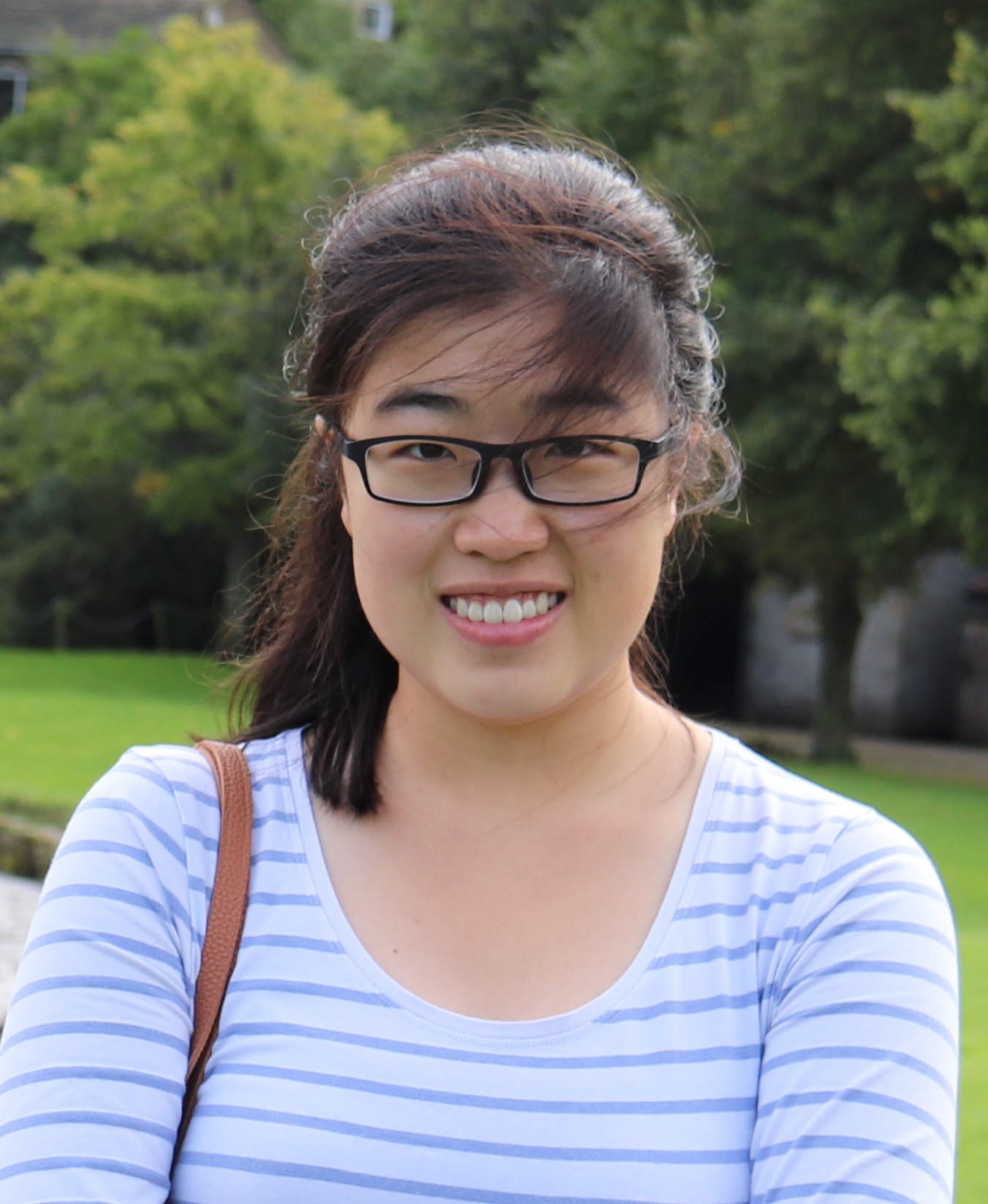
Yuan Belinda Ding
- Alumni
- Singapore
- 2018 PhD Clinical Neurosciences
- Peterhouse
I did my undergraduate in Chemistry at Oxford where my undergraduate research project focused on developing new proton magnetic resonance spectroscopy (MRS) techniques for measuring cardiac creatine content in order to better understand heart failure. I am currently working at the Wolfson Brain Imaging Centre with Dr. Chris Rodgers developing parallel transmit techniques for ultra-high field (7T) MRIs.
Previous Education
University of Oxford
Katherine Enright
- Alumni
- United States
- 2023 MPhil Digital Humanities
- Trinity College
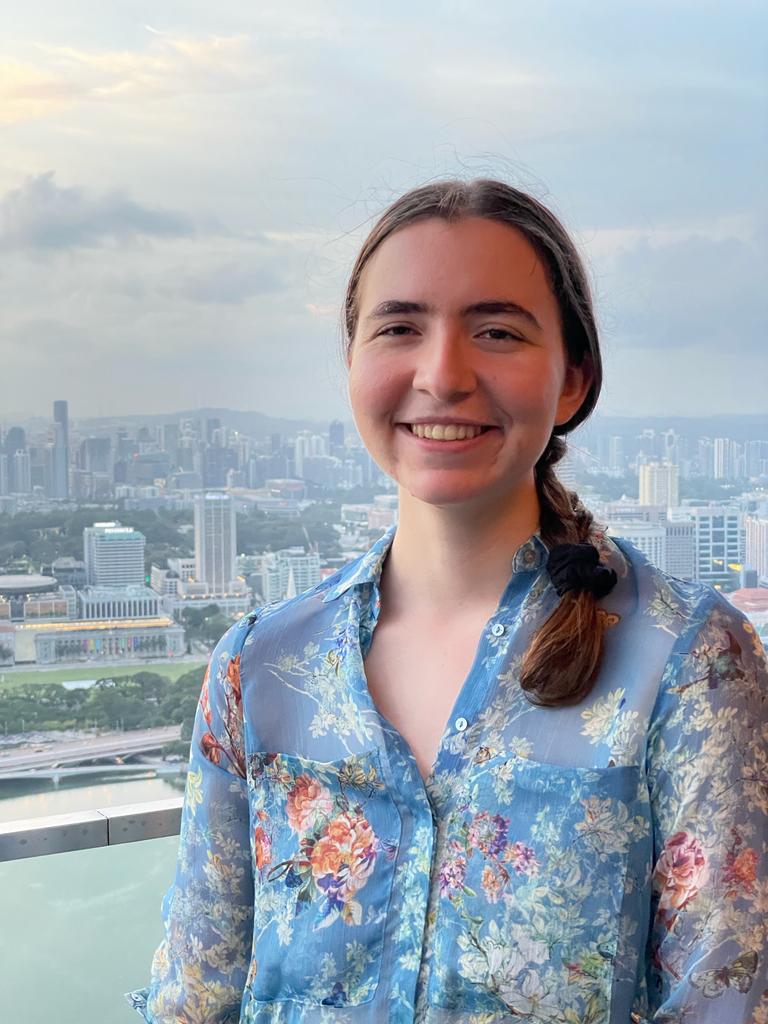
Katherine Enright
- Alumni
- United States
- 2023 MPhil Digital Humanities
- Trinity College
I grew up in Singapore, where I developed a fascination with history and a love for the natural world. At Harvard, I combined those two interests during my B.A. in History and Anthropology. I have a keen interest in how nature in Southeast Asia came to be understood as ‘science,’ and how both histories of empire and rich cultural narratives can be displayed in museum spaces. During my MPhil in Digital Humanities, I seek to create a database that will bring together disparate archival sources on Southeast Asian natural history and its key people and institutions, including local and indigenous figures. By creating digital resources, working with specimen data, and engaging in online storytelling, I hope to contribute to crucial ongoing efforts to decolonize natural history collections. My research works towards a future with more accessible and racially just museums as spaces of learning and wonder. I am thrilled to join the Gates Cambridge community of scholars this year.
Previous Education
Harvard University History and Anthropology 2023
Gavin Foh
- Alumni
- Singapore
- 2003 PhD Engineering
- Churchill College

Gavin Foh
- Alumni
- Singapore
- 2003 PhD Engineering
- Churchill College
Currently working in the Finance industry in Singapore.
Axel Gelfert
- Alumni
- Germany
- 2001 PhD History & Philosophy of Science
- Wolfson College

Axel Gelfert
- Alumni
- Germany
- 2001 PhD History & Philosophy of Science
- Wolfson College
Axel Gelfert is a Professor of Theoretical Philosophy at the Technical University of Berlin, where he works at the intersection of social epistemology and philosophy of science and technology. He completed his PhD in History and Philosophy of Science at Cambridge in 2005/06. He is the author of two monographs, A Critical Introduction to Testimony (Bloomsbury 2014) and How to Do Science With Models (Springer 2016), and a large number of research papers (e.g., "Fake News: A Definition", 2018). Prior to coming to Berlin, he spent more than a decade teaching at the National University of Singapore.
Links
https://www.philosophie.tu-berlin.de/menue/fachgebiete/theoretische_philosophie/prof_dr_axel_gelfert
Yue-Yi Hwa
- Alumni
- Malaysia
- 2016 PhD Education
- St Catharine's College
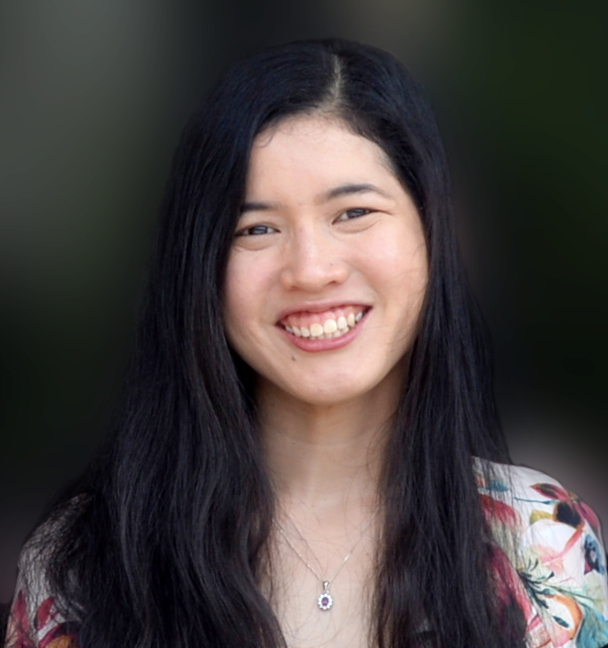
Yue-Yi Hwa
- Alumni
- Malaysia
- 2016 PhD Education
- St Catharine's College
I grew up surrounded by secondhand books in a variety of small Malaysian towns. During secondary school, I got a scholarship to study in Singapore; which led to a BA in political economy in the U.S. and an MPhil in comparative government in the U.K. After that, I taught English in a high-need secondary school through Teach For Malaysia, seeking classroom experience and a re-immersion in my home country. Besides student epiphanies and classroom silliness, one of the greatest gains from those two years was the realisation that teachers' relationships with their managers are pivotal to their classroom practice, and that such relationships are strained in most Malaysian schools. Hence my PhD project: a comparative study on how to keep teachers accountable without triggering the blame games that damage student outcomes. Through this research, I hope to acquire expertise in education policy. I want to help young Malaysians acquire greater mobility, alongside the wisdom to use that mobility well.
Previous Education
Williams College
University of Oxford








